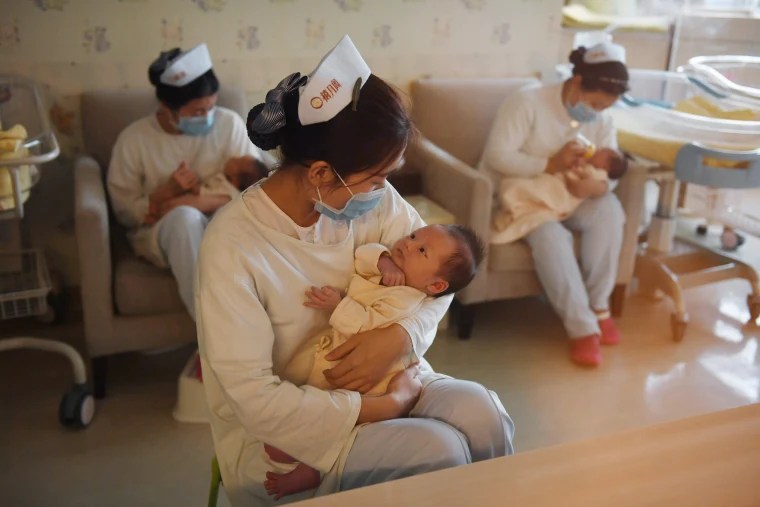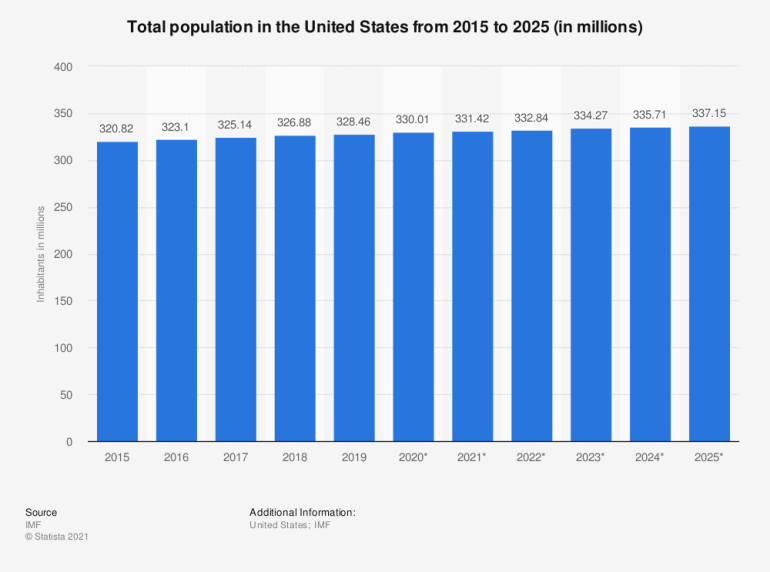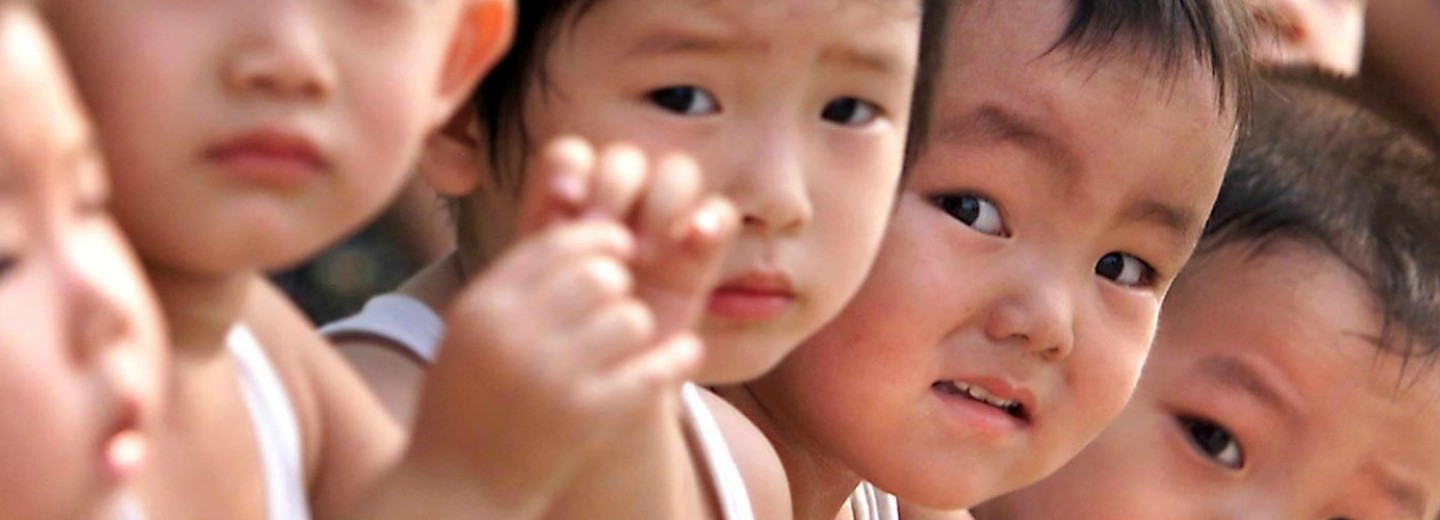China news 21st June 2021
Just two stories this week. The first is about Deng Xiaoping’s retirement. He was the Chinese leader who is considered responsible for opening up China after the Mao years. He also oversaw the return of Hong Kong to China. For China watchers there are almost certainly political messages in this piece from DW News.
Deng Xiaoping’s retirement
Less than half a year after the June 4th Incident, Deng Xiaoping, the second-generation leading core of the Chinese Communist Party, chose to retire and resigned as chairman of the Central Military Commission at the 5th Plenary Session of the 13th Central Committee of the Communist Party of China. Regarding Deng Xiaoping’s sudden retirement, the Chinese Communist Party officially stated that it was to set an example to abolish the life tenure of leading cadres, and to retire when they are healthy to establish a normal retirement system.

Deng Xiaoping regarded the rejuvenation of cadres as the primary issue of the political system reform at that time.
The so-called “vitality mainly refers to the youthfulness of leading cadres.”
The reason why Deng Xiaoping began to consider retirement was that on the one hand, he was 82 years old, and he had already passed the normal retirement age; on the other hand, Deng Xiaoping was also in good health at the time. He retired when he was in good health. Fading out gradually can reduce the impact of his aging on the CCP, social stability and foreign investor confidence.
Deng Xiaoping met in Beijing with former Secretary of State, Henry Kissinger. When answering questions such as how to ensure that the reform and opening up will continue into the next decade, Deng Xiaoping made it clear that “Yes. To be sure, whoever wants to turn back will fall.” When Deng Xiaoping met with Nobel Laureate and Chinese American Li Zhengdao, he stated that “the line set by the 13th National Congress of the Communist Party of China cannot be changed, and whoever changes will collapse.” This paved the way for Deng Xiaoping’s southern tour speech “Whoever does not reform will step down.”

An aide helps then Chinese Vice Premier Deng Xiaoping try on a cowboy hat presented to him at a rodeo in Simonton, Texas Feb. 2, 1979. (AP)
If Mao Zedong’s political heritage is the establishment of a socialist China, then Deng Xiaoping’s political heritage is the four basic principles and reform and opening up. Using the four basic principles to steer the political reform and opening up society, we should seek development through reform and opening up and build a better socialist China.
The Four Cardinal Principles and reform and opening up, both must be firmly held, and must not be partial. Since Xi Jinping came to power, although the outside world believes that his actions are leftist, in fact he has not deviated from the four basic principles and reform and opening up. The four basic principles are used to correct the course of reform and opening up politically. Even under the pressure of the US trade war, Xi Jinping still insists on reform and opening up.
Source: dwnews.com.
Population crisis
Our second story covers what is called the ‘population crisis’ in some Chinese media. The prospect of a falling population worries economists and politicians everywhere. This writer sees why young married people are reluctant to have large families. But it also points out that China may be at a disadvantage compared to the USA.
When it comes to the strength of a country, we usually focus on hard indicators such as military spending and gross national product (GDP). However, the demographic profile of a country also has a key influence on the creation of wealth and the establishment of national power. In view of the long-term labour shortage caused by the country’s low birth rate, the Chinese government recently announced the launch of the “three-child policy” to urge mainland people to have more children. In fact, low fertility rates have long been a “common problem” in many developed countries.
Compared with China, which has a population of 1.4 billion, the United States will have a demographic advantage in the future.
What are the advantages of a country with a large working population? First, it can have sufficient military power. Second, a young and well-educated population can provide impetus for economic growth and create wealth more powerfully than other countries. On the contrary, countries with insufficient labour force may face the “guns-versus-butter” choice, which may even lead to increased social and political pressure.
China announced the results of the census last month. The population of China has increased by only 5.4% since 2010, which is the lowest growth rate between the two censuses since 1953. The Chinese government has maintained a population control mechanism for decades. Today the impact of the “one-child policy” on population shrinkage has also begun to emerge. In the past five years, China’s fertility rate has dropped to 1.3 (an average of 1.3 children per woman in her lifetime), making China one of the countries with the lowest fertility rate in the world.

According to United Nations figures, China’s population will drop from 1.36 billion in 2017 to 1.36 billion by 2050. Another statistical company predicts that the retired population will increase from 135 million in 2015 to 340 million in 2040. The shrinking population structure will put pressure on China to expand its military power and implement large-scale geo-economic projects such as the Belt and Road Initiative.
Relatively speaking, the population profile of the United States is relatively optimistic. Regardless of the birth rate and immigration to the United States, the size of the labour force will be better than that of major international rivals such as China and Russia in the future. The US population is expected to increase from 324 million in 2017 to 390 million in 2050.

The United States still has a certain advantage over China, Russia, and other Western allies in its demographic structure. According to Bloomberg’s analysis, the population profile of the United States in the next 30 years will remain ideal, but its traditional allies will not be like this. Japan, Germany, and many Western European countries will face severe population aging problems, especially in Japan.
At the same time, if the United States wants to maintain this expected demographic advantage, it will inevitably need to maintain a loose immigration policy. However, the growth of the immigrant population will probably also disrupt the current balance of racial power. The ratio of whites to people of colour will fluctuate, and xenophobia, white supremacy, and racial political division will all breed from this.
In fact, after the end of the Cold War and the dissolution of the former Soviet Union, the United States became the third most populous country after China and India. Compared with other developed countries, the birth and immigrant population grew more active, and the total population and labour population grew faster than other developed countries. fast. However, the results of the US census last year showed that population growth was slowing down. It was the slowest growth period in the history of the United States (except during the Great Depression), and the fertility rate was steadily declining.
The slowdown in population growth may not have much to do with immigration issues. The net immigration growth in the past ten years is like the number in the previous ten years (the net increase in the 2010s was about 1 million, like that in the 2000s). The natural increase (that is, the total number of births minus the number of deaths) in the United States has seen a significant decline in the past decade. The main change is the birth rate. The peak baby birth rate was 4.3 million in 2007, while the number of new-born babies in 2019 fell by more than 500,000.
Like other developed countries, the new generation of the United States tends to have fewer children. In the two decades before the Great Recession in 2008, the fertility rate in the United States remained at a level of just over 2, that is, every American woman had two children in her lifetime. However, from 2007 to 2019, the fertility rate fell to 1.7. This is the lowest ever.
Demographers are concerned about this transition that occurred after the Great Recession. If the population structure is to be successfully supported, the US fertility rate needs to be maintained at 2.1 or above. Economic worries are generally regarded as the reason why Americans do not want to have children. American society lacks welfare and support for parents: Parents in the United States do not enjoy statutory paid maternity leave, which is believed to be unique among developed countries. Furthermore, there is a shortage of childcare services in the United States and they are expensive.
A survey published by the University of Arizona in April this year interviewed 24 American Millennials and Generation Z youths. Some interviewees thought it was selfish to have two or more children. More interviewees said they would consider adopting instead of having their own children. What is more, many interviewees said that they do not want to have children because they are unsure about the future; many interviewees even think that if they bring small lives to the earth with dire prospects, it is a kind of “moral mistake.” They will feel guilty for this.
These situations may also be applicable in different parts of the world, such as Hong Kong, South Korea, Europe, etc., where young people are facing similar predicaments.
Will international concerted efforts to reverse climate change and the government’s promotion of “childcare-friendly” policies help young people regain their confidence in “passing on from generation to generation”? When the issue of low fertility has been widely sounded across the globe, it may be time for those in power and all sectors of society to face this issue.
Source: dwnews.com.
Worked on the article:

Wanlikhang





